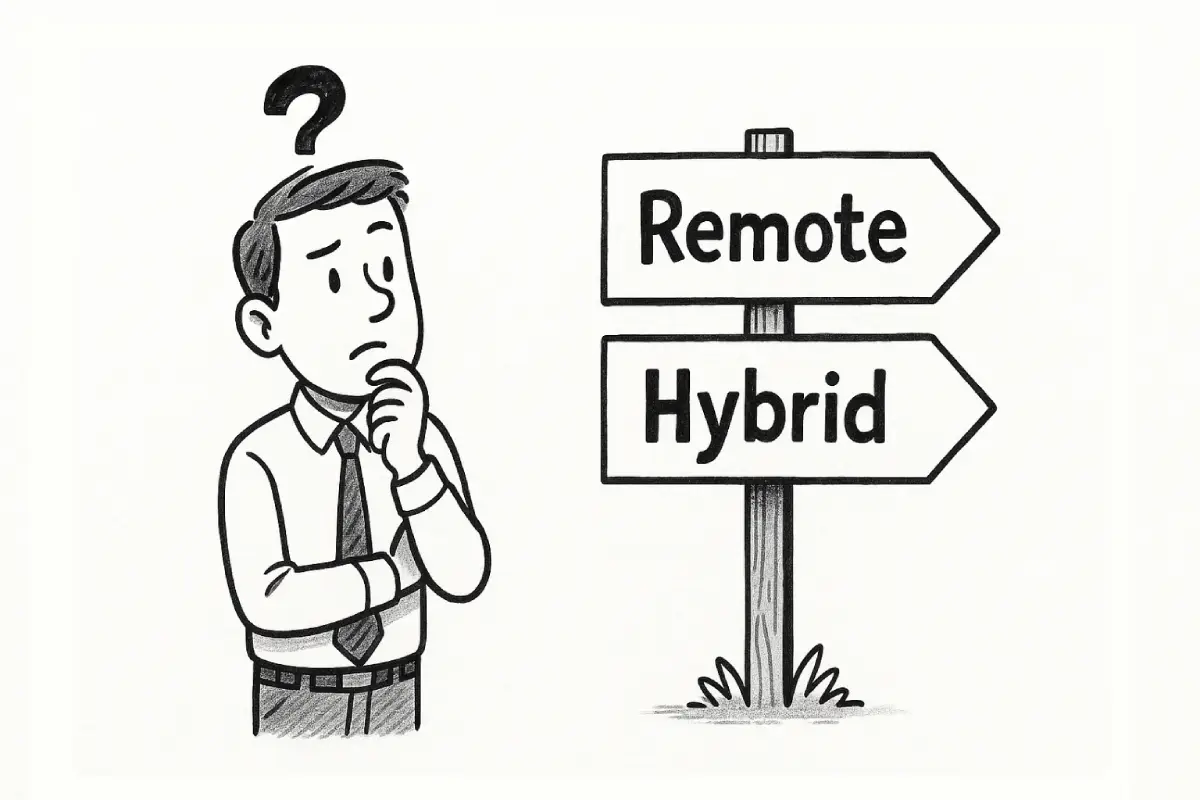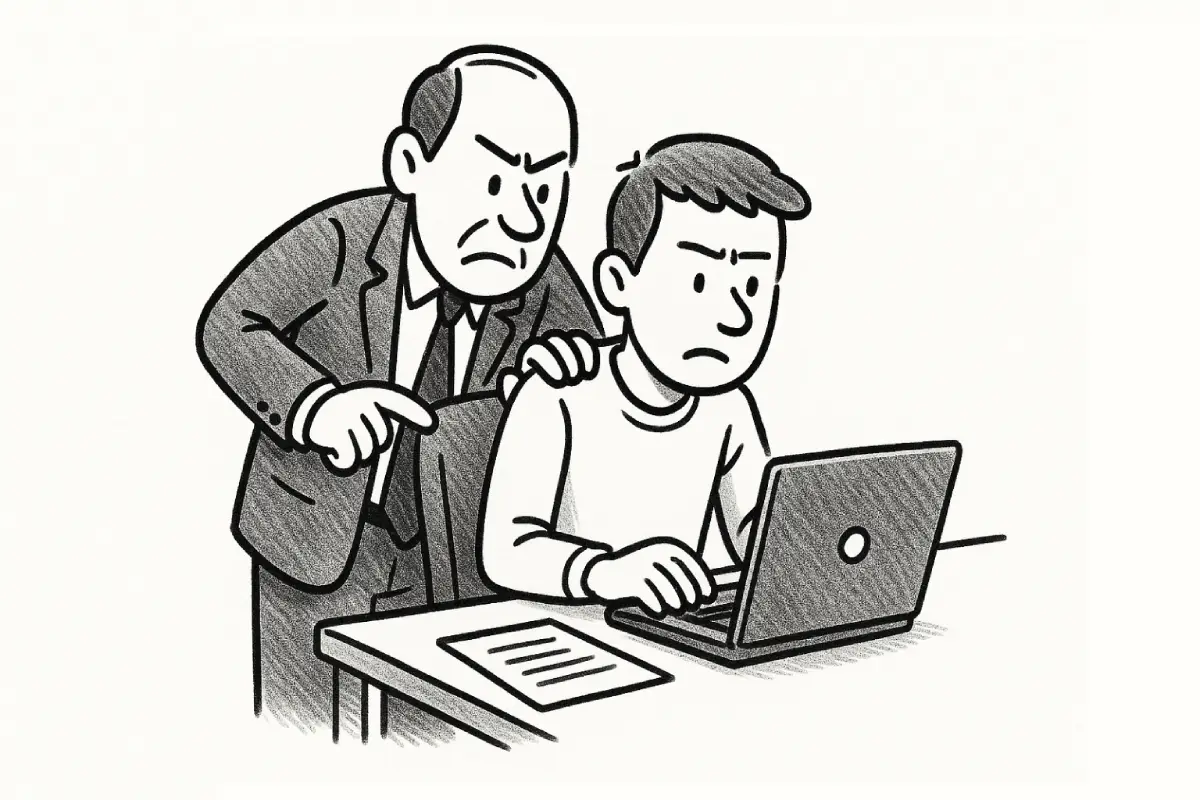As the world becomes increasingly connected through advances in technology, remote work has emerged as a popular choice for many employees and companies. This new way of working has brought about a range of misconceptions and stereotypes that often cloud people’s understanding of what remote work truly entails. In this article, we will delve into these common myths and stereotypes, and provide insights into the reality of remote work.
Myth 1: Remote Workers Are Lazy and Unproductive
One of the most pervasive misconceptions surrounding remote work is the idea that employees who work from home are lazy and unproductive. This stereotype is often fueled by images of remote workers lounging in their pajamas, taking long breaks, and struggling to stay on task.
The Reality
Research has shown that remote employees are often more productive than their office-bound counterparts. A 2020 study by the Harvard Business Review found that remote workers were more focused and efficient, completing tasks 13.5% faster than their in-office peers. This increased productivity is often attributed to fewer distractions, the ability to create an optimal work environment, and the elimination of commute-related stress.
Moreover, remote workers tend to work longer hours due to the blurred lines between work and personal life. This can lead to higher levels of commitment and dedication to their work, further dispelling the myth of laziness.
Myth 2: Remote Work Is Only for Introverts
Another common stereotype is that remote work is only suitable for introverts who prefer working alone and avoiding social interactions. While it’s true that remote work can provide a more comfortable environment for introverts, it is not exclusively suited to them.
The Reality
Remote work can be an excellent fit for individuals with a variety of personality types and work styles. Extroverts, for instance, can still enjoy social interactions by participating in virtual team-building events, utilizing video conferencing tools, and engaging in online communities. In fact, remote work can help foster better communication skills, as employees need to be proactive and clear in expressing their thoughts and ideas.
Myth 3: Remote Work Hinders Collaboration and Creativity
There is a belief that remote work stifles collaboration and creativity, as employees are not able to physically meet and share ideas in real-time. This misconception is rooted in the idea that spontaneous, face-to-face interactions are the primary drivers of innovation and teamwork.
The Reality
While in-person collaboration can be valuable, remote work does not necessarily hinder creativity or collaboration. With the rise of powerful digital tools like video conferencing, cloud-based file sharing, and collaborative project management platforms, remote teams can still effectively brainstorm, share ideas, and work together on projects.
Moreover, remote work can actually foster more diverse and innovative thinking, as employees are exposed to new perspectives and ideas from colleagues based in different locations, cultures, and time zones.

Myth 4: Remote Workers Struggle with Work-Life Balance
It is often assumed that remote workers have poor work-life balance, as the boundaries between their personal and professional lives become blurred. Critics argue that remote employees are prone to overworking and are unable to “switch off” at the end of the day.
The Reality
While it’s true that remote work can blur the lines between work and personal life, it also provides employees with the flexibility to better manage their time and priorities. Remote workers can schedule their work around personal commitments, such as family responsibilities or personal hobbies, which can lead to a healthier work-life balance overall.
Additionally, remote employees can establish boundaries and routines to separate their work and personal lives. This can include setting specific work hours, designating a dedicated workspace, and establishing routines for starting and ending the workday.
Myth 5: Remote Work Is Only for Tech and Freelance Industries
A common stereotype is that remote work is limited to the tech and freelance industries. This misconception arises from the fact that remote work gained popularity in these sectors first, leading people to believe that it is not applicable to other industries.
The Reality
Remote work has expanded far beyond the tech and freelance realms. Industries such as healthcare, finance, marketing, education, and even manufacturing are embracing remote work options. As digital tools and communication platforms become more sophisticated, companies across various sectors are discovering the benefits of remote work, including increased productivity, reduced overhead costs, and access to a wider talent pool.
Myth 6: Remote Work Leads to Disconnected and Unhappy Employees
Critics of remote work argue that the lack of face-to-face interaction can lead to feelings of isolation, loneliness, and disconnection among remote workers. They believe that remote employees may become unhappy and disengaged, ultimately impacting their performance and job satisfaction.
The Reality
While remote work can pose challenges in maintaining social connections, it does not inherently lead to unhappy or disconnected employees. Many remote workers report higher levels of job satisfaction and overall happiness, as they enjoy the flexibility, autonomy, and freedom that remote work offers.
To maintain strong connections, remote teams can leverage various strategies, such as regular video meetings, virtual team-building activities, and online social events. Managers can also play a crucial role in maintaining employee engagement by fostering a supportive and inclusive remote work culture.
Myth 7: Remote Work is a Temporary Trend
Some skeptics view remote work as a temporary trend that will fade away as the world recovers from the COVID-19 pandemic. They argue that companies will eventually revert to traditional office-based work arrangements.
The Reality
Remote work has been gaining momentum for years, with the pandemic only accelerating its adoption. Many companies have discovered the numerous benefits of remote work, including reduced costs, increased productivity, and improved employee satisfaction. As a result, it is highly unlikely that remote work will disappear once the pandemic subsides.
In fact, a 2021 survey conducted by PwC found that 78% of CEOs believe that remote work is here to stay, with many planning to adopt a hybrid model that combines remote and in-office work. This shift in mindset indicates that remote work is not just a passing trend, but rather a fundamental change in the way companies operate.
Conclusion
Remote work has transformed the modern workplace, offering employees and companies alike a range of benefits, from increased productivity to improved work-life balance. However, misconceptions and stereotypes about remote work persist, often painting an inaccurate picture of what it truly entails.
By dispelling these myths and misconceptions, we can foster a better understanding of remote work and its potential to revolutionize the way we approach our professional lives. As remote work continues to gain traction across industries and regions, embracing its advantages and addressing its challenges will be key to building a more flexible, resilient, and inclusive workforce.
You might also like: How to Reset Your Career When You Feel Stuck









